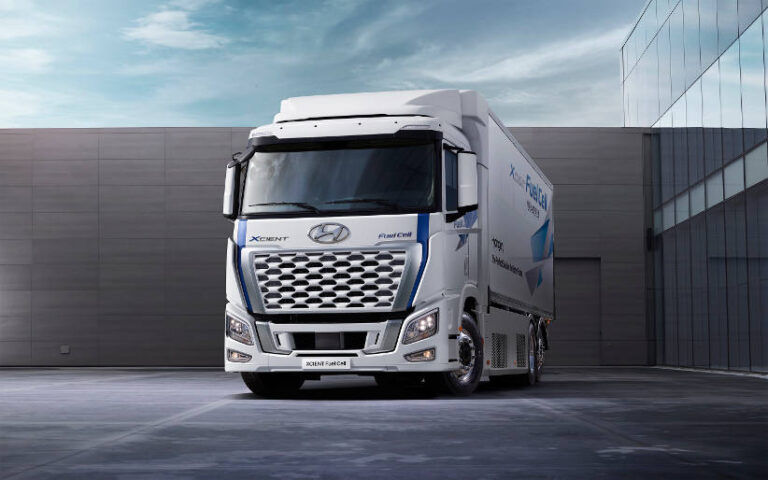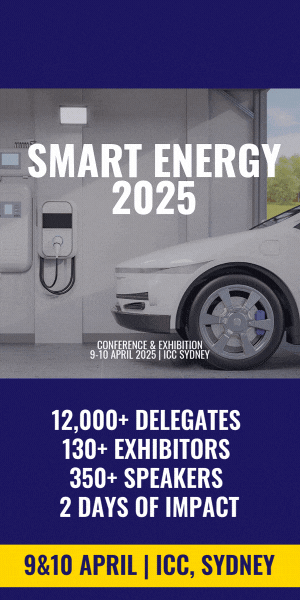Hydrogen is regaining credibility as a viable alternative fuel in Australia, particularly for commercial transport and logistics operations. Speaking ahead of the 2025 Smart Energy Expo, Scott Nargar, Senior Manager of Future Mobility and Government Relations at Hyundai Motor Company Australia, said the hydrogen conversation is beginning to shift in a more realistic and practical direction.
“Australia’s going through a transition,” Nargar said. “Some of the big projects that most in industry thought were not feasible in the first place have been cancelled and pulled over the last 12 months.” In their place, he said, we are seeing “clear air where real feasible projects that do make sense are getting more voice today.”
For Hyundai, this includes not just fuel cell passenger vehicles, but also fuel cell trucks that have recently landed in the country. “We’ve had a truck arrive in Australia,” Nargar revealed. “We’ll work to finish off the development of that for a launch later this year.” The brand also welcomes competition, with other truck manufacturers now showing hydrogen models at industry events.
Rather than trying to push hydrogen into every use case, Hyundai is focusing on practical, fleet-ready applications—specifically back-to-base logistics operations. Nargar pointed to Western Sydney as a prime example, where dense logistics hubs and high-frequency heavy vehicle movements create an ideal environment for hydrogen refuelling.
“These trucks are running 12 or 24 hours a day. They just need to come back to a base, fill up with hydrogen—10 to 15 minutes—and then get back on the road doing heavy-duty cycles,” he said.
This operational model could address two of the major challenges for electric trucks: long charging times and battery size constraints. Hydrogen’s ability to refuel quickly and deliver long range makes it attractive for fleets operating on tight schedules or covering long distances.
While hydrogen remains a niche solution compared to battery electric vehicles, especially for light vehicles, Nargar is confident the technology has a role to play. “We need to get back to the basics of what technology is today and how we can use it,” he said.
For fleet operators, this means keeping an open mind and evaluating hydrogen alongside electric and hybrid options—especially in sectors where fast turnaround, heavy loads, and long hours are part of daily operations.







